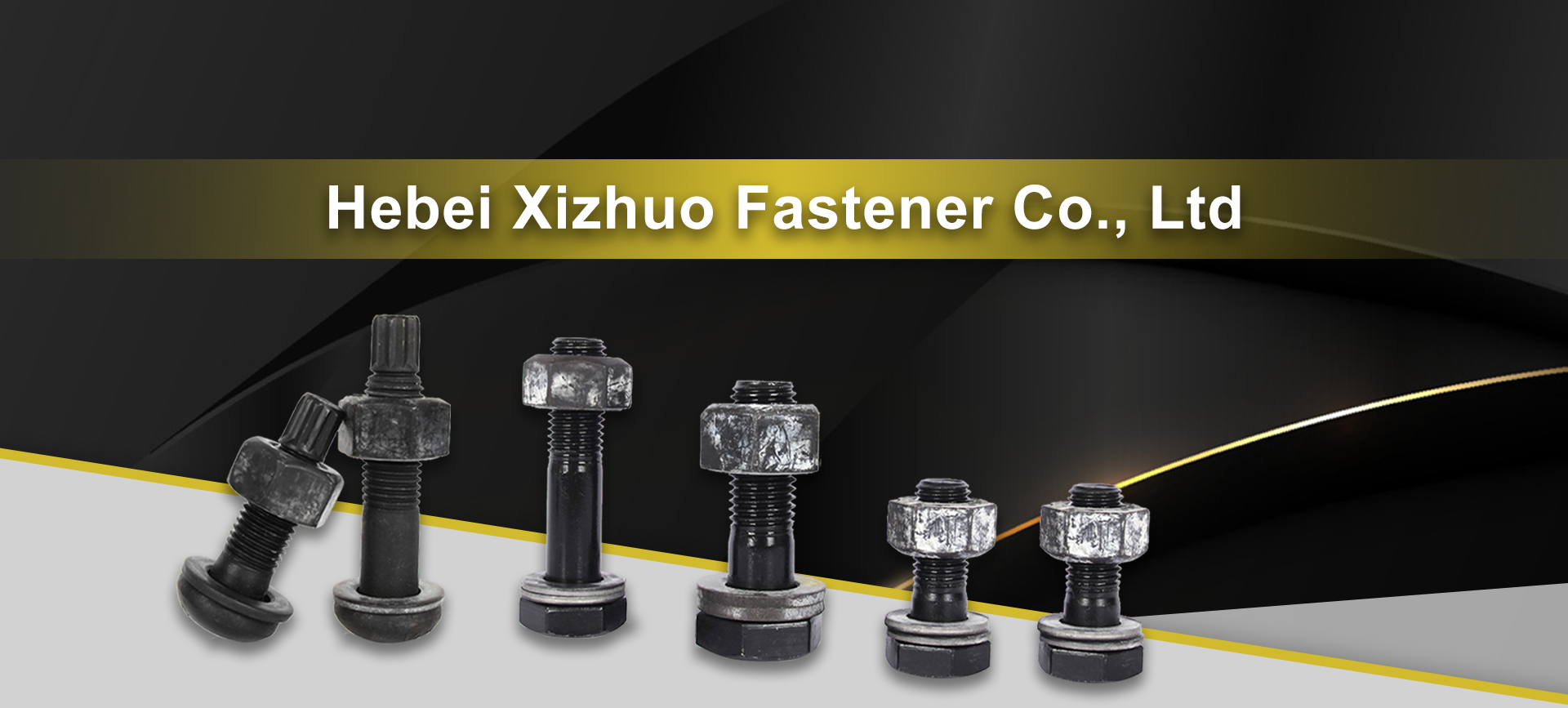Exploring the Benefits and Applications of Chemical Resin Bolts in Modern Construction Techniques
Chemical Resin Bolts An Overview of Their Applications and Benefits
In the realm of construction and engineering, the choice of fasteners is critical to ensure structural integrity and safety. Among the various types of fasteners available, chemical resin bolts have gained popularity due to their unique properties and versatility. This article explores what chemical resin bolts are, their applications, and the advantages they offer over traditional mechanical fasteners.
What Are Chemical Resin Bolts?
Chemical resin bolts are specialized anchoring systems that utilize a chemical adhesive, often a two-component epoxy or polyurea resin, to bond the bolt to the substrate. Unlike conventional bolts that rely on friction and mechanical interlocking, resin bolts create a strong bond through a chemical reaction when the resin is cured. This process allows them to reach high load-bearing capacities while minimizing the risk of failure due to fatigue, corrosion, or environmental factors.
Applications of Chemical Resin Bolts
Chemical resin bolts are widely used across various industries due to their adaptability and high-performance characteristics. Some common applications include
1. Construction In structural engineering, resin bolts are often used to anchor heavy equipment, bridge components, and precast concrete elements. Their ability to provide significant load capacity makes them ideal for high-demand applications.
2. Geotechnical Engineering These bolts are extensively used for rock stabilization and anchoring in the field of geotechnics. They secure rock formations and provide support to rock slopes and excavation sites.
3. Industrial Maintenance In manufacturing facilities, resin bolts are employed for securing machinery and equipment, ensuring stability and safety in high-impact environments.
4. Infrastructure Development Chemical resin bolts are critical in civil engineering projects, such as tunnels and underground structures, where strong anchoring is essential for stability.
5. Renewable Energy In the wind and solar energy sectors, resin bolts are used to secure turbine components and solar panel mounts, benefiting from their resistance to environmental stresses.
chemical resin bolts

Advantages of Chemical Resin Bolts
The growing preference for chemical resin bolts over traditional fasteners can be attributed to several key advantages
1. High Load Capacity Resin bolts can sustain higher loads compared to mechanical bolts, making them suitable for heavy-duty applications.
2. Resistance to Corrosion The chemical properties of resin provide an inherent resistance to moisture, chemicals, and environmental conditions, which extends the lifespan of the fastening system.
3. Versatility They can be used in various substrates, including concrete, brick, and stone, making them highly adaptable to different projects.
4. Reduced Expansion Stress Unlike mechanical bolts that can create expansion stress within the substrate, chemical resin bolts minimize this issue, helping to maintain the structural integrity of sensitive materials.
5. Ease of Installation The installation process for chemical resin bolts can be quicker and requires fewer tools, which can lead to reduced labor costs.
6. Non-Destructive Testing Once cured, the bond created by resin bolts can be evaluated without damaging the surrounding structure, ensuring ongoing integrity assessments without compromising the installation.
Conclusion
Chemical resin bolts represent a significant advancement in fastening technology, providing robust, efficient, and durable solutions for a variety of construction and engineering needs. Their ability to provide high load capacity, resist environmental stresses, and adapt to different substrates makes them an excellent choice for both new projects and maintenance operations. As industries continue to evolve, the adoption of chemical resin bolts is likely to grow, solidifying their role as a staple in modern construction practices.
-
Weatherproof Plastic Expansion Anchors for OutdoorNewsJun.06,2025
-
Sustainability in the Supply Chain: Eco-Friendly TEK Screws ProductionNewsJun.06,2025
-
Load-Bearing Capacity of External Insulation FixingsNewsJun.06,2025
-
Double Head Bolts: Enhancing Efficiency in Industrial MachineryNewsJun.06,2025
-
Corrosion Resistance in Chipboard Screws: Coatings for Wholesale DurabilityNewsJun.06,2025
-
Butterfly Toggle Bolts : Enhancing Structural ResilienceNewsJun.06,2025
